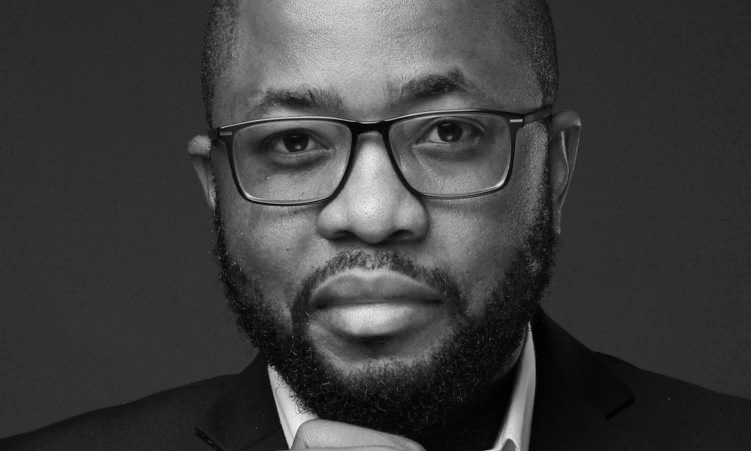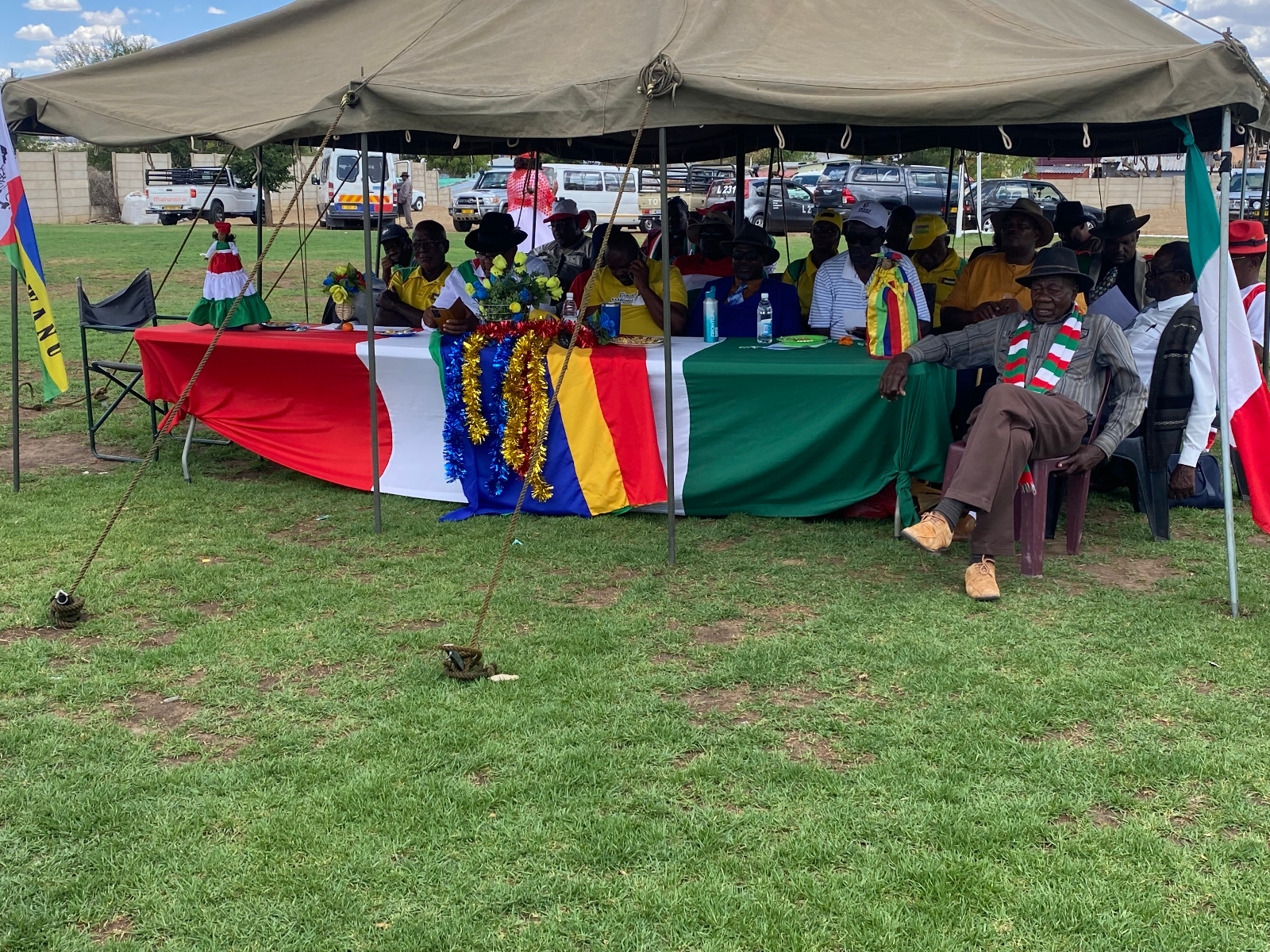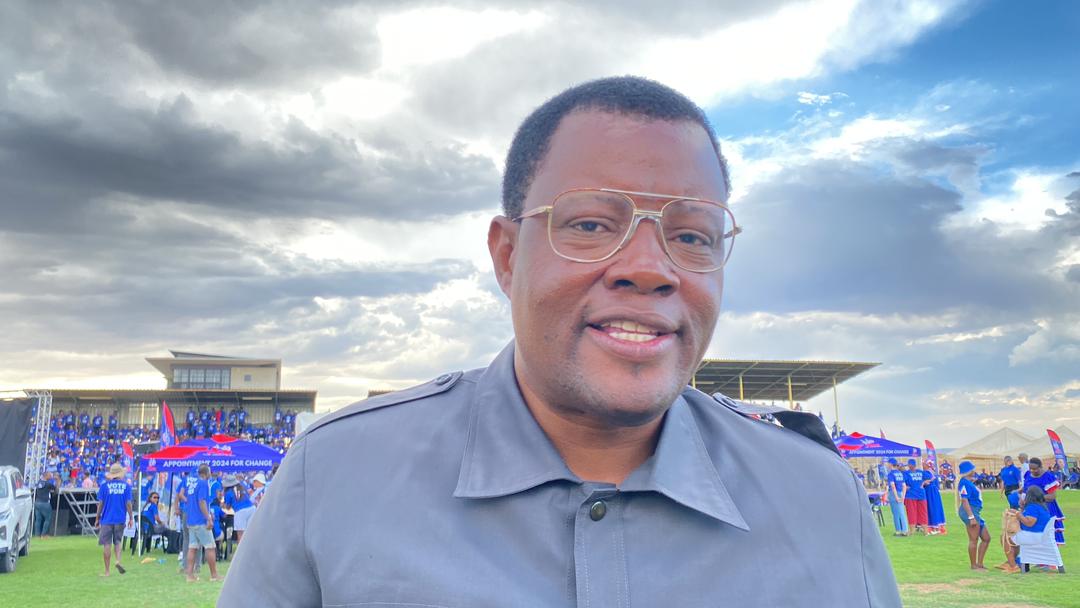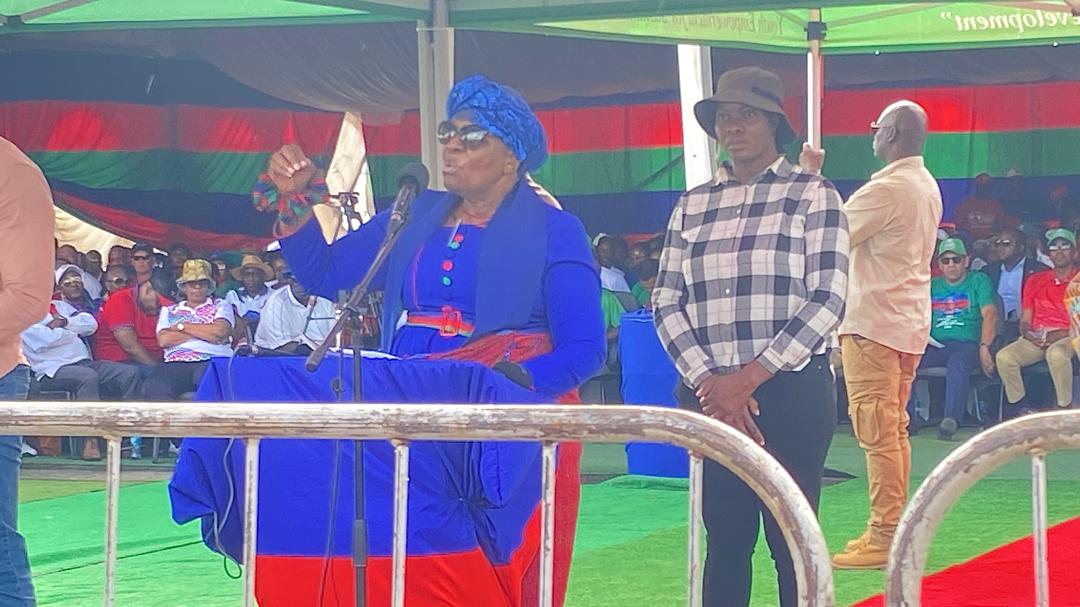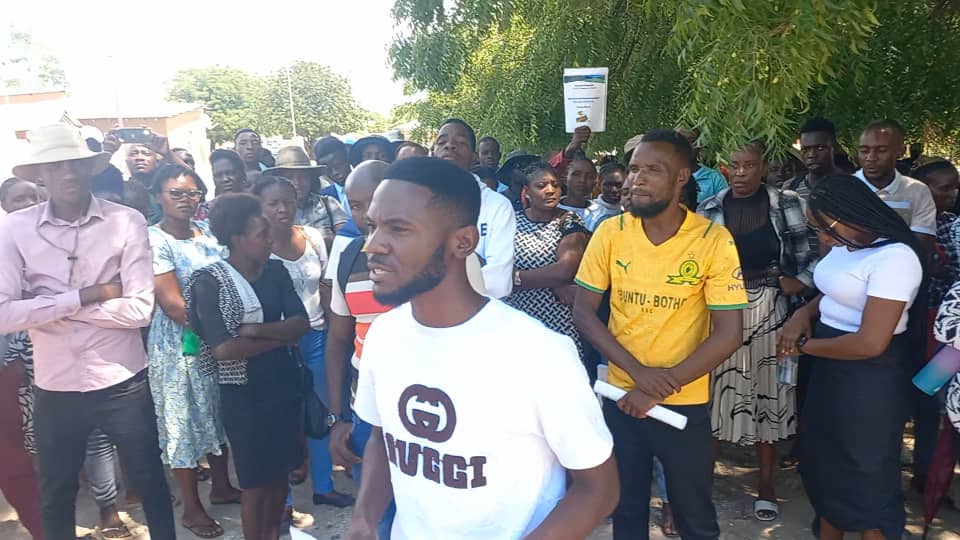Botswana has witnessed a seismic political shift.
Last week, former president Mokgweetsi Masisi of the Botswana Democratic Party (BDP) conceded defeat following voting in the country’s 2024 parliamentary elections.
It ended the BDP’s uninterrupted 58-year dominance of politics in the country, marking a historic moment for one of Africa’s most stable democracies.
Masisi’s candid concession, stating “we got it wrong big time in the eyes of the people”, underscores the magnitude of this change as it sets the stage for a new political era under the Umbrella for Democratic Change (UDC), led by Duma Boko.
THE RISE OF THE UDC
Duma Boko, a human rights lawyer, is now Botswana’s new president-elect after leading the UDC to a significant victory.
Boko’s success was largely facilitated by the fragmentation of the BDP, a split exacerbated by former president Ian Khama’s departure and his involvement in forming the Botswana Patriotic Front (BPF) in 2019.
Khama’s traditional authority as paramount chief of the Bangwato tribe further bolstered his influence, allowing him to draw crucial support away from Masisi.
The UDC capitalised on this division, with Boko’s campaign promising economic reform, job creation and social inclusivity resonating with a disenchanted and youthful electorate.
The BDP’s decline from 52.7% of the vote in 2019 to trailing in fourth place in 2024 reflected the public’s growing frustration with economic stagnation, a high youth unemployment rate and unmet expectations of governance reform.
ECONOMIC CHALLENGES
Despite Botswana’s history of economic prudence and success in managing diamond wealth, recent years have seen stagnant growth and an over-reliance on diamond revenue.
Rural-urban inequalities and a lack of opportunities for the youth have compounded economic frustration.
With more than 60% of the population under the age of 35, young Batswana have increasingly felt excluded from economic advancement, amplifying their demands for systemic change and inclusive governance.
Boko’s UDC capitalised on this sentiment, presenting a message that promised transformative change.
Masisi’s failure to address these critical issues and his administration’s perceived authoritarian tendencies fuelled the call for a new leadership direction.
As Masisi candidly noted: “Every indication, by any measure, is that there’s no way that I can pretend that we’re going to form a government.”
CIVIL SOCIETY AND REGIONAL TRENDS
Civil society organisations and the media played a pivotal role in helping mobilise voter engagement.
Local media outlets and newspapers extensively covered pre-election debates, providing a platform for scrutinising political narratives and informing the electorate.
Observers – including those from the African Union and the Commonwealth – have commended Botswana for upholding electoral integrity despite intense competition, emphasising the country’s democratic resilience.
Botswana’s political shift also mirrors a broader regional pattern seen in southern Africa, where liberation-era parties such as South Africa’s African National Congress face mounting pressure from younger, reformist opposition movements.
This regional wave signifies a transition from legacy politics to demands for effective governance and economic inclusivity.
THE TRADITIONAL AND THE MODERN
Ian Khama’s political clout is deeply intertwined with his traditional role as the Bangwato paramount chief.
His ability to mobilise tribal support added complexity to the BDP’s challenges.
This intersection of traditional authority and modern democratic governance underscores Botswana’s unique political culture, where heritage influences contemporary electoral dynamics.
Khama’s alignment with the opposition was instrumental in reshaping voter alliances and weakening the BDP’s traditional strongholds.
Boko and the UDC face immense expectations as they prepare to lead.
The new administration will need to prioritise economic diversification, address rural-urban disparities and create job opportunities for the youth.
Botswana’s reputation as a beacon of democracy in Africa remains intact, but the success of this political transition will depend on the UDC’s ability to deliver on its promises.
THE ROAD AHEAD
The 2024 elections have ushered in a transformative chapter for Botswana, driven by the aspirations of a youthful and engaged electorate.
The peaceful transfer of power, following nearly six decades of BDP rule, highlights the strength of Botswana’s democratic institutions.
However, the challenges ahead are significant, as the new government must navigate economic reforms and social expectations while maintaining political stability.
The world will be watching to see if Botswana can continue to set a benchmark for democracy and effective governance in Africa.
- • Lot Ndamanomhata is a graduate of public management, journalism and communication; this article is written in his personal capacity.
Stay informed with The Namibian – your source for credible journalism. Get in-depth reporting and opinions for
only N$85 a month. Invest in journalism, invest in democracy –
Subscribe Now!


